Our practice
Trade Defence
Our trade team is second to none in the Brussels market for trade defence. We cover all aspects of this work from advising on the possibility of making applications/complaints to the Commission, organising the Union industry, drafting complaints, working with the Commission during the investigation, to defence of the measures imposed, if they are challenged in the EU Courts.
We work exclusively with the Union industry and do not represent exporting producers. We have handled numerous complaints and investigations and have more experience in defending EU measures before the EU Courts than any other law firm in Brussels.
In this way, we provide a full all round service and have the team necessary to carry out all aspects of this area of practice.
Customs and Trade
While trade defence is the core part of our trade practice, our work in this area includes much more. We advise on, and interpret, trade agreements and the negotiations leading to the conclusion of these agreements. We work to improve market access, to remove tariff and non-tariff barriers to trade, to counter foreign subsidies and coercive practices, to interpret and apply customs and WTO law. Supply chains depend on smooth movement which we work to ensure.
Litigation
Our lawyers have extensive litigation experience before the EU Courts Luxembourg. Bernard O’Connor was recognized as a Senior Counsel by the President of the Irish Supreme Court and the Irish Prime Minister for his advocacy work in the EU General Court and the Court of Justice.
Cases on which he worked, including those for the EU Council, are extensively cited in procedural and substantive law text books.
Procurement
The procedures allowing the EU institutions to purchase goods and services are different from the procurement procedures that must be followed by the EU Member States. In addition, the Commission controls the spending of EU funds in third countries. OLAF, the Commission anti-fraud office, plays a significant role in verifying compliance with the rules. The firm acts for disappointed tenderers, on breach of contract issues and in relation to OLAF investigations.
Agriculture
Agriculture continues to make up the biggest slice of the EU budget and for many years was over 70% of that budget. So many EU decision making procedures have been forged in the handling of this budget. The EU continues to control access to EU food markets and to promote EU quality products in export markets. The EU’s agricultural and food hygiene and safety laws are both rigorously enforced but are also the model for sanitary and phytosanitary rules around the world. We have worked on these matters since the beginning.
Telecom & Digital Services Practice
Since the beginning of EU telecom liberalisation in the late 1980s, we have been advising telecom sector players (fixed and mobile network operators), both incumbents and new entrants, MVNOs, equipment manufacturers and national regulators on EU law and regulation. We counsel clients on the meaning and likely implications of new EU frameworks (works in progress such as the proposed Digital Markets Act and Digital Services Act) and once finalized how to walk through these mazes.
Geographical Indications
A core aspect to the reforms to the EU’s common agricultural policy is the switch from maximising the quantity of production to the quality of each food product. The protection of geographical indications and denominations of origin is at the heart of this quality policy. On average the market value of GI products is twice that of similar non-GI products. The firm has the foremost practice of GI law in Brussels.
About us
A short introduction
O’Connor and Company European Lawyers was founded in 1996 and is dedicated to the law of the European Union and the international rules constraining how the Union can act. We are administrative lawyers, working with the institutions of the Union on what they can and cannot do in exercising their roles in the promotion and the management of the Union. We have a role to play in the shaping of the law and in its implementation, using the full range of legal tools available.
Litigation
We work closely with the institutions of Union: the Commission, the Council and the Parliament. This doesn’t mean we always agree. When we do agree we act to defend the Union in the Union Courts (representing the institutions or intervening to support the institutions). When we don’t agree we challenge the institutions before the Union Courts in Luxembourg. Nobody, except maybe lawyers, wants to start litigation. It can take time and be costly. And the outcome is uncertain. However, at times it is necessary. We believe we are among the most experienced litigators before the Union Courts.
Trade Defence
Business can only have confidence in open trade if unfair trade can be sanctioned. The EU has an expanding tool box to deal with unfairness. Thre is the anti-dumping instrument, the anti-subsidy instrument, safeguard measures as well as the trade barriers regulation. The EU is now developing new tools against coercion and foreign subsidies. The firm is foremost in representing the interests of Union manufacturing and service providers, in ensuring that trade is fair and in promoting undistorted competition. The trade team has experience in more than 250 actions and investigations, with the Commission, the Council and the Courts. We believe that our EU trade defence experience is unrivalled.
Agriculture
In the early days of the European project agriculture made up nearly two thirds of the budget and, along with food health and safety, the majority of EU decisions and EU law. Understanding agriculture and food health and safety is essential in understanding how EU law and EU decision making has evolved over the last 60 or so years. The Firm has extensive experience in the laws of the common agricultural policy, in trade in agricultural products, in health and safety and access to the Union market. This experience plays out today in understanding sustainability, decarbonization, deforestation and the measures being taken to ensure that EU standards apply to all goods and services entering the Union.
Geographical Indications
The names Darjeeling, Demerara, Basmati, Champagne and Parmesan describe products that have qualities and reputations because they come from a particular geographic origin. They are known as geographical indications or designations of origin (GIs). Geographical Indications are a form of intellectual property that is growing in importance. Currently EU law addresses foodstuffs, wines and spirits. Soon, it is likely to cover non-agricultural products also. Growing out of the agricultural law practice, the Firm has extensive experience in the registration of GIs in the Union, particularly for third country GIs. It has advised the European Commission on how the law could and should develop in line with international law.
Our clients
Our clients are large and small enterprises, governments and government institutions, the institutions of the EU itself, large and small trade associations both within and outside the Union. We host and manage a number of these associations.
We work in symbiosis with our clients but independently of them: we each have different roles to play. The law firm must remain somewhat apart so as to provide independent advice and to act either subtly or robustly, depending on the need. We are dedicated to the promotion of law as the science that is best able to ensure fairness in life.
Our team
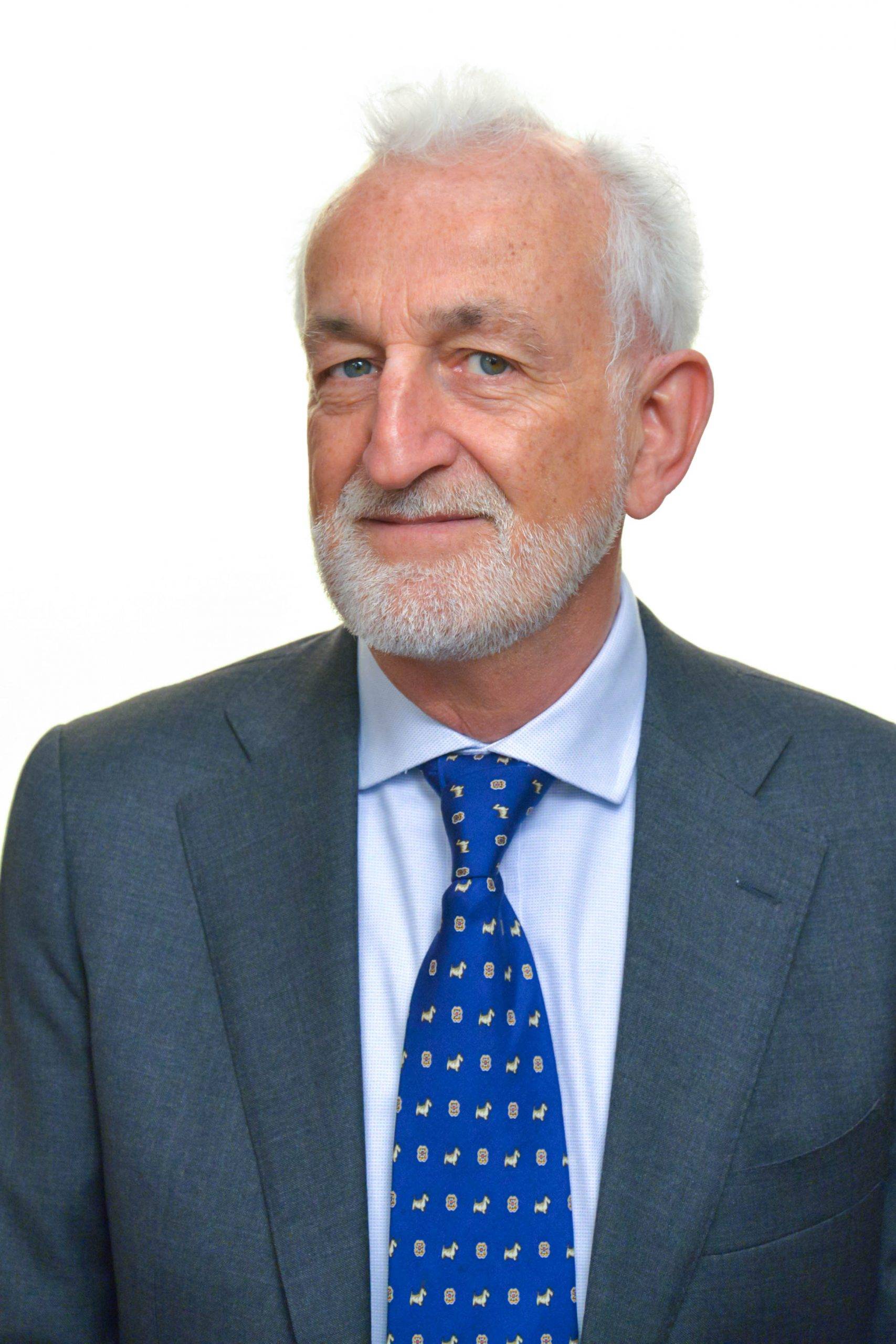
Bernard O’Connor
bernard.oconnor@oconnor.eu
Bernard O’Connor practices EU and WTO law in Brussels. In addition, he is a professor at the State University in Milan and has written extensively on legal aspects of trade, trade remedies, procurement, geographical indications and agriculture.
Bernard has litigated many aspects of EU law both before the EU Courts in Luxembourg and before national tribunals. He has acted both for and against the European Commission and the Council and is one of the leading EU law litigators. He has acted before the European Court of Human Rights and the WTO dispute settlement panels.
Bernard is recognised as a leading lawyer in Chambers and in Legal 500.
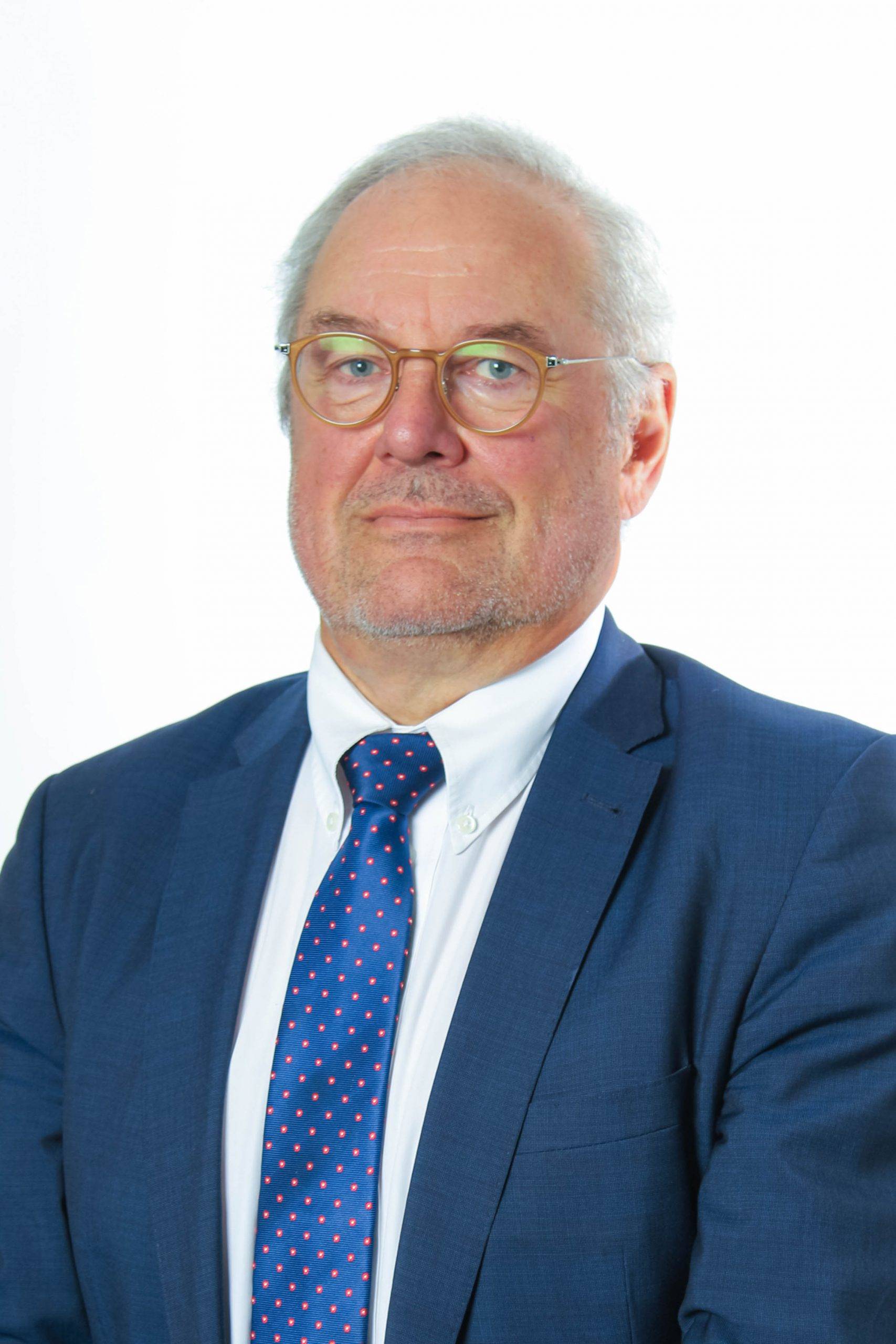
Willem De Munck
willem.demunck@oconnor.eu
Willem De Munck is a highly regarded and experienced expert in the area of trade remedies. He studied accounting and tax law and worked as an accountant before joining the European Commission in DG TRADE in 1980.
In that time he has worked on the development of the EU’s trade policy, the modernisation of the EU’s trade defence instruments, the market economy status of China and the EU’s position on trade defence issues in the WTO. He has managed the trade defence Complaint’s Office and DG TRADE’s trade defence policy unit. He has unparalleled experience in the nitty gritty of trade defence.
In 2014 Willem left the Commission to enter private practice and like O’Connor and Company worked exclusively on defending the interests of EU industry against unfair trade practices. It was natural that Willem and O’Connor and Company should join forces.
Willem designed and delivered courses on all aspects of trade defence when he was in the Commission and, more recently and along with Maxime, for governments seeking to mirror the Commission’s skills. The courses covered all aspects of trade remedy work.
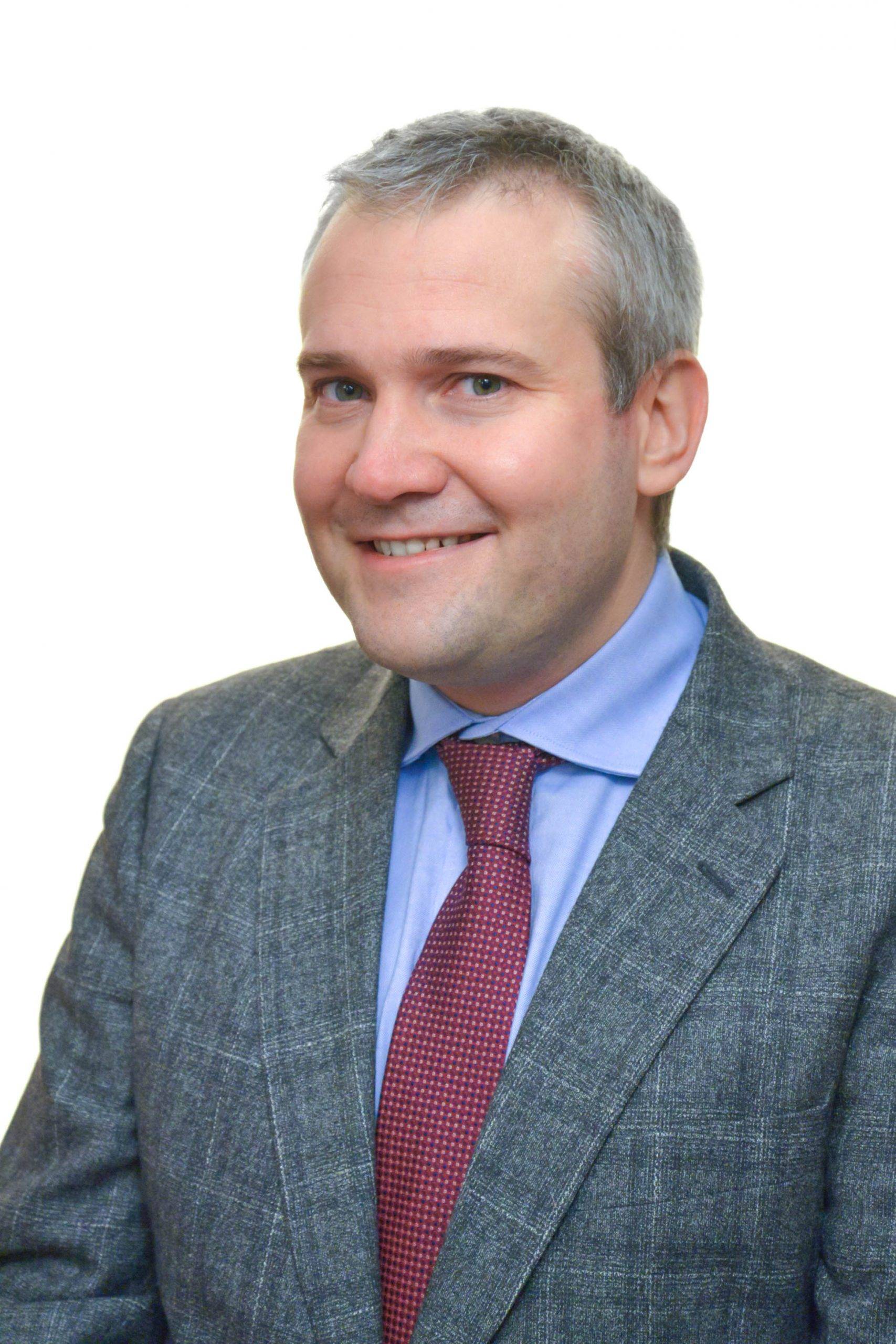
Maxime Hommé
maxime.homme@oconnor.eu
Maxime Hommé is a trade lawyer admitted to the Paris and Brussels Bars. Maxime’s focus is on international trade and customs law. Maxime has significant experience in global trade and WTO rules, acting as legal representative in trade defence proceedings in the EU or for EU interests in third countries.
He has particular skills in the management and interpretation of the complex data that underlies trade defence investigations. Together with Willem, Maxime recently designed and delivered a comprehensive training programme on all aspects of trade defence for government officials.
Maxime has a broad understanding of trade law and policy and decision making within the EU. He regularly assists clients on various aspect of the common commercial policy, such as export control, trade sanctions, customs classification, valuation and origin. Maxime’s experience extends to competition and economic law of regulated markets such as energy and telecoms.
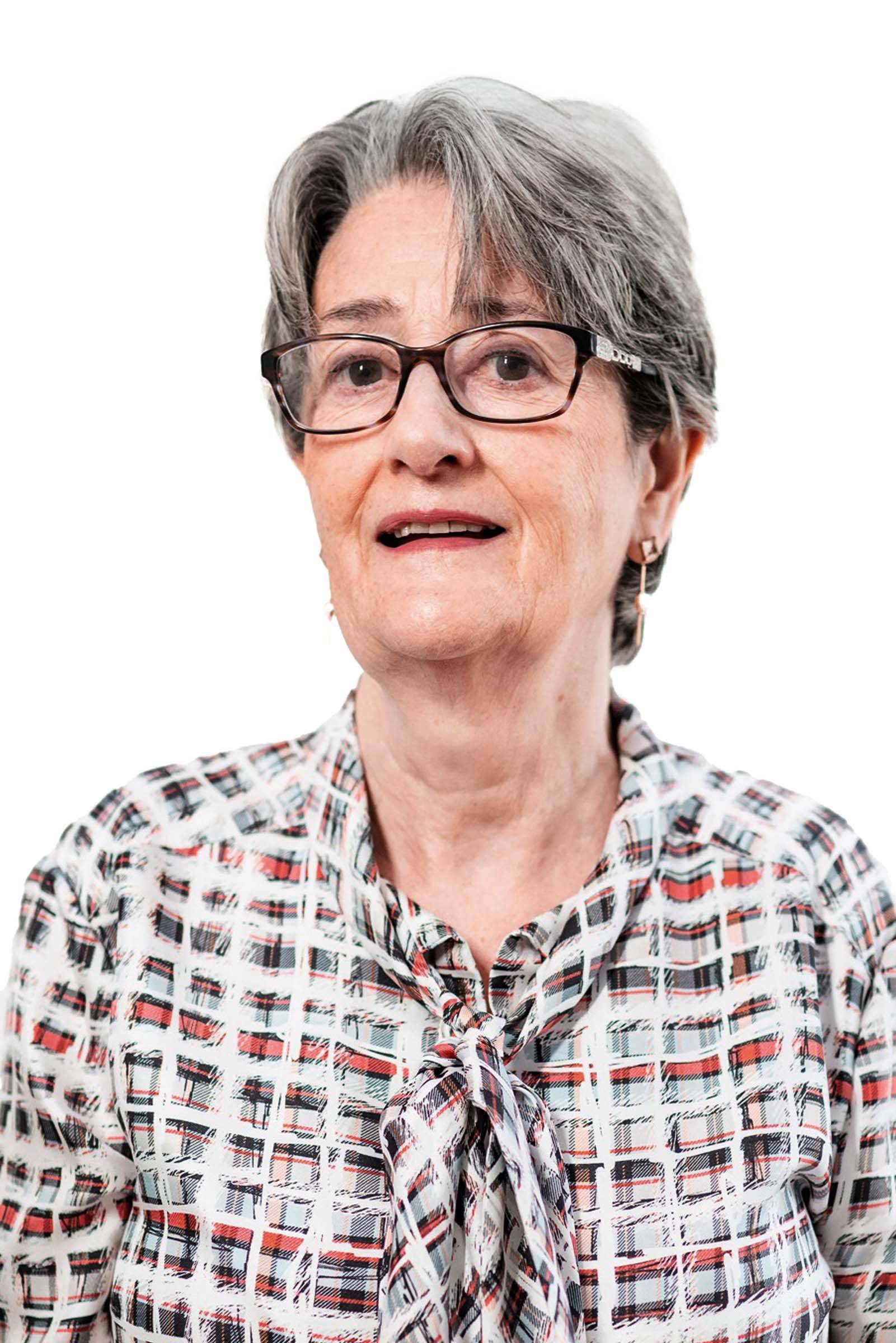
Ursula O’Dwyer
ursula.odwyer@oconnor.eu
Ursula O’Dwyer is an Irish solicitor and has been practicing EU law in Brussels since the late 1980s. She advises and represents central and local governments, State enterprises, multinational companies, SMEs, trade associations and aid agencies.
In trade matters Ursula’s experience includes original investigations; interim, expiry and newcomer reviews, refund cases; anti-absorption and anti-circumvention cases; appeals to the European Courts and dealing with OLAF and various national customs bodies in connection with customs and fraud issues. In competition and state aids, Ursula has been active in determining the legality of large-scale state aid in sectors from telecoms to aircraft manufacturing and in numerous infrastructure projects.
In the lead up to Russia’s joining the WTO Ursula worked for the Ministry of Economic Development and Trade of the Russian Federation on many legal matters relating to the substance and procedures associated with accession. Ursula is a member of the Brussels bar and speaks French and Dutch.
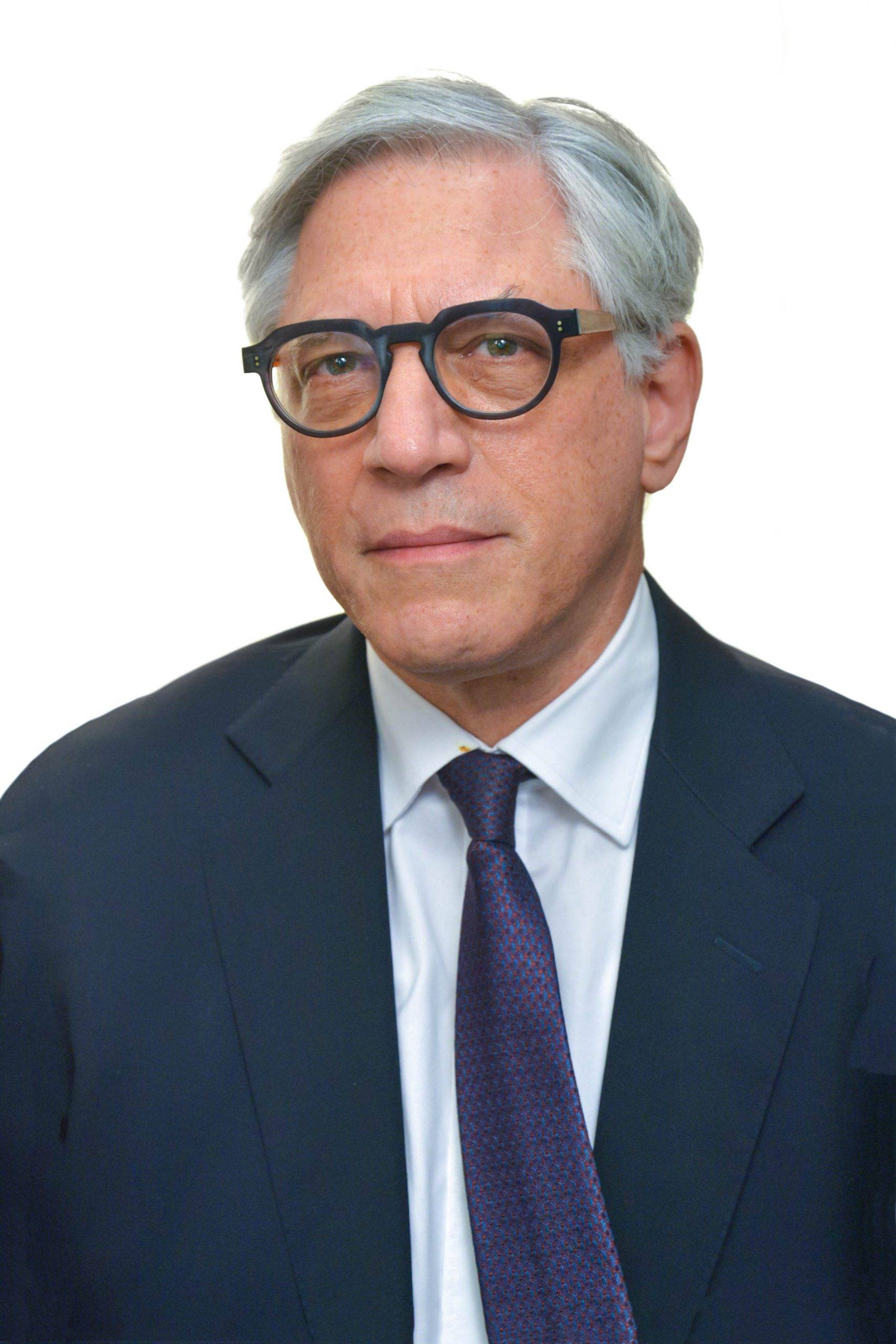
Steven Brummel
steven.brummel@oconnor.eu
Steven Brummel has maintained an EU law practice in Brussels since 1985, concentrating on the fields of competition, trade, free movement and the overlap among them. Steven is particularly focused on the issues arising in these fields for network industries (such as telecom and digital commerce) as liberalization has taken hold in stages in previously monopoly-run utility sectors and trade in services.
He has provided legal and strategic advice to major telecoms operators and equipment manufacturers on the evolving telecom and data protection EU legal framework and implementation issues at national level.
Steven has represented large and small telecom operators in EU administrative and court proceedings. He has advised companies and governments on the industrial policy implications of EU level or State level action — and private sector standard-setting – hindering or restricting market entry under EU competition rules and EU and WTO trade and customs rules. For the European Commission, Steven helped to prepare a study of the adequacy of national legal frameworks in dealing with cyberhacking. He has also advised prospective green field investors on the legality of subsidies under EU State aid and WTO subsidy rules. Steven has represented companies in EU anti-dumping and anti-circumvention investigations and WTO complaints.
A graduate of the University of Michigan (1974) and the George Washington University National Law Center (1977), Steven is a member of the New Jersey and Washington D.C. Bars and an Associate Member of the Brussels Bar (“B” List).
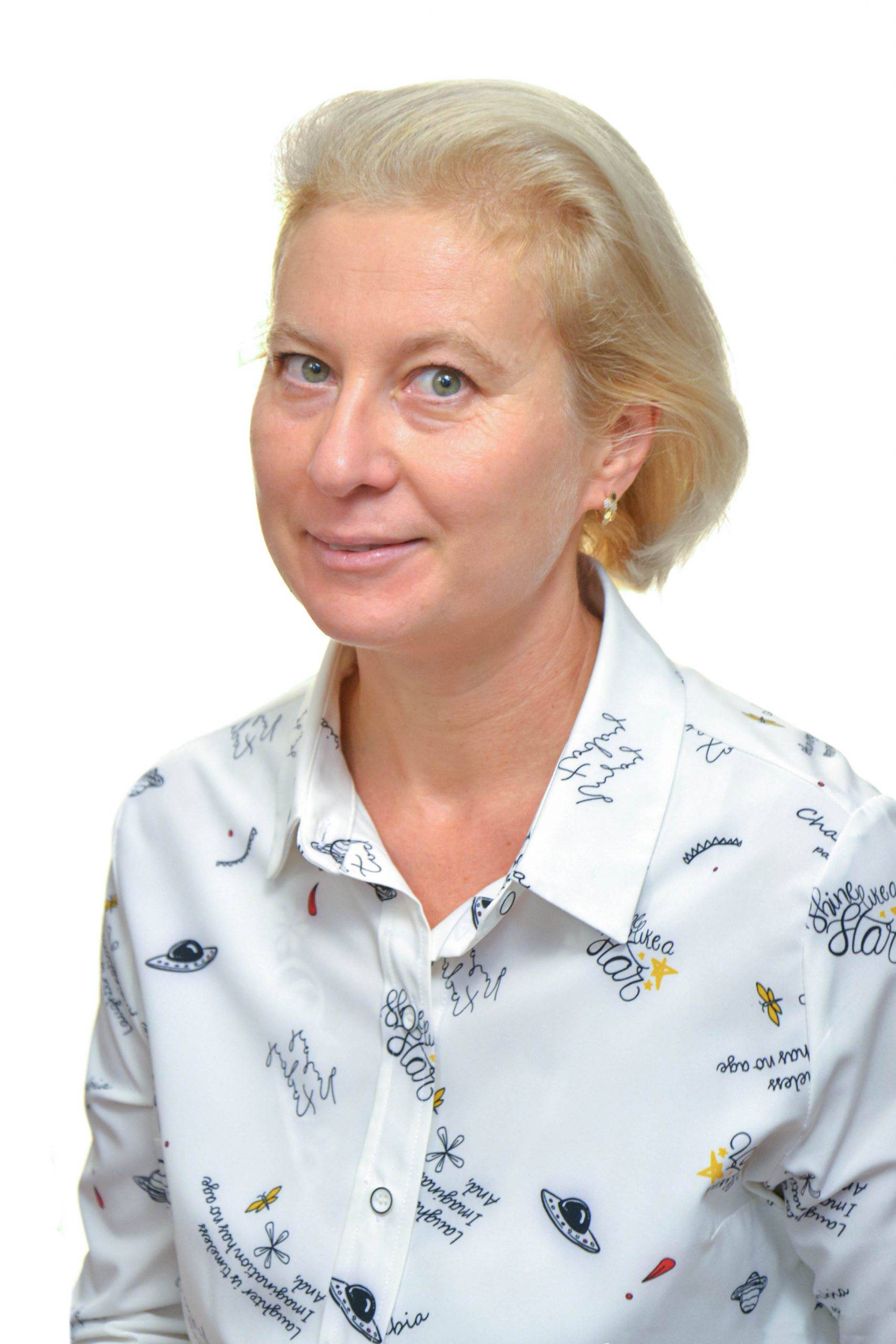
Irina Kireeva
irina.kireeva@oconnor.eu
Irina Kireeva worked extensively providing technical assistance in food safety and hygiene legislation, trade in agricultural products and export promotion, sanitary and phytosanitary measures, technical barriers and intellectual property.
She has over 20 years’ experience as evaluator, negotiator, trainer, trade expert, legal advisor, assessor of legal and institutional frameworks, as well as working on implementation of trade agreements and analyses of trade statistics, supporting regulatory reforms and drafting of laws, in the areas of WTO and EU law.
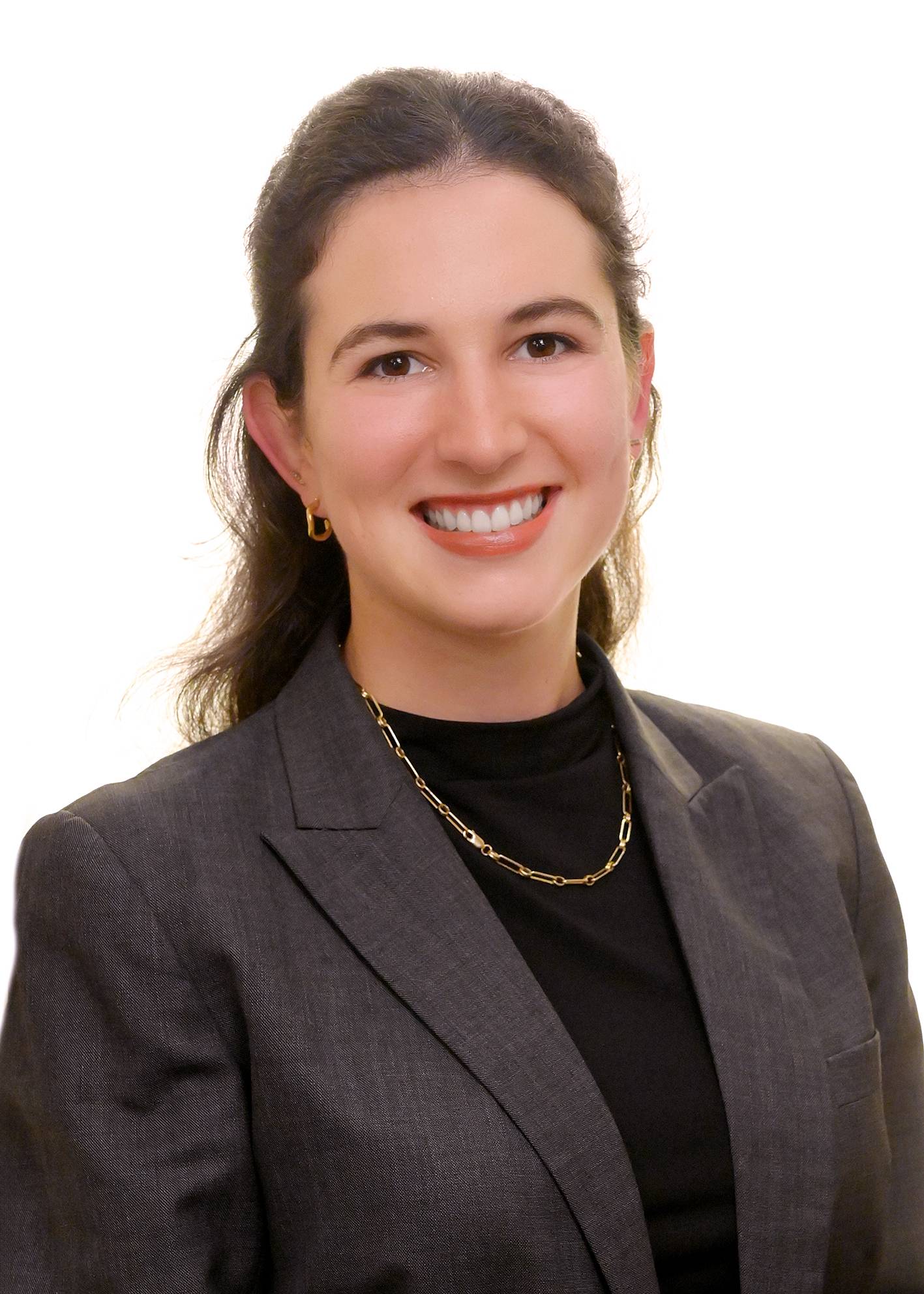
Ruby Lapid
ruby.lapid@oconnor.eu
Ruby Lapid is a legal trainee working in the field of trade defence and trade policy. She holds a Masters in International Trade and Investment law from Maastricht University, an LLB from the University of Cape Town and a Bachelor of Social Sciences in Economics and French from the University of Cape Town.
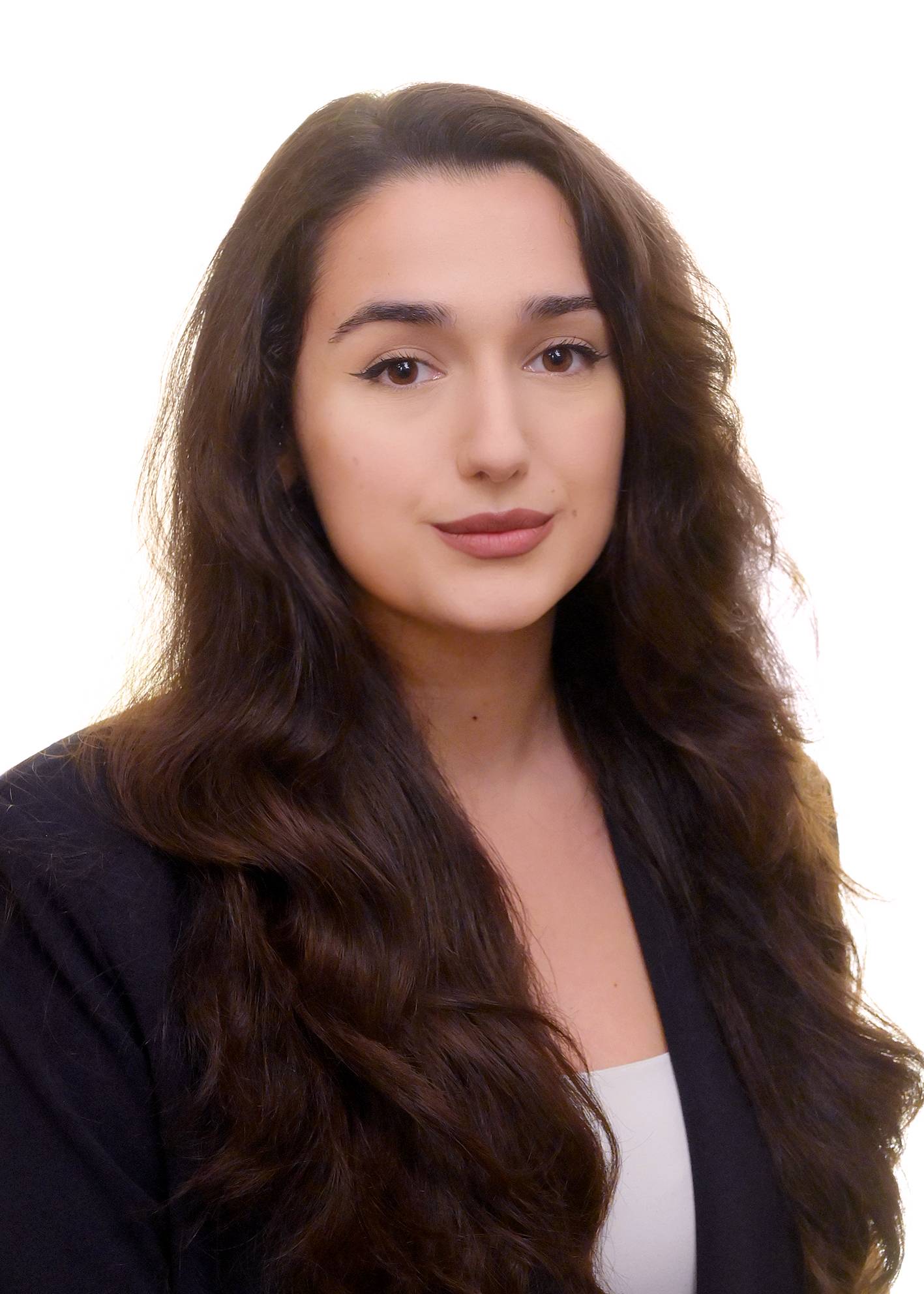
Aksel Nikaj
aksel.nikaj@oconnor.eu
Aksel Nikaj is a legal trainee working in the fields of trade law, trade policy, intellectual property law, and EU law. She holds a Master’s degree in International Trade and Investment law (cum laude) from the University of Amsterdam, a Master’s degree in International Relations (cum laude), and a Bachelor’s degree in Political Science and International Relations from the Sapienza University of Rome.

Layla Flasse
layla.flasse@oconnor.eu
Layla Flasse joined O’Connor and Company European Lawyers as a Data Analyst in November 2024. She holds a Master’s degree in Business Economics, with a major in European Regulation and Economy, as well as a Bachelor’s degree in Economics from the Solvay Brussels School of Economics and Management.
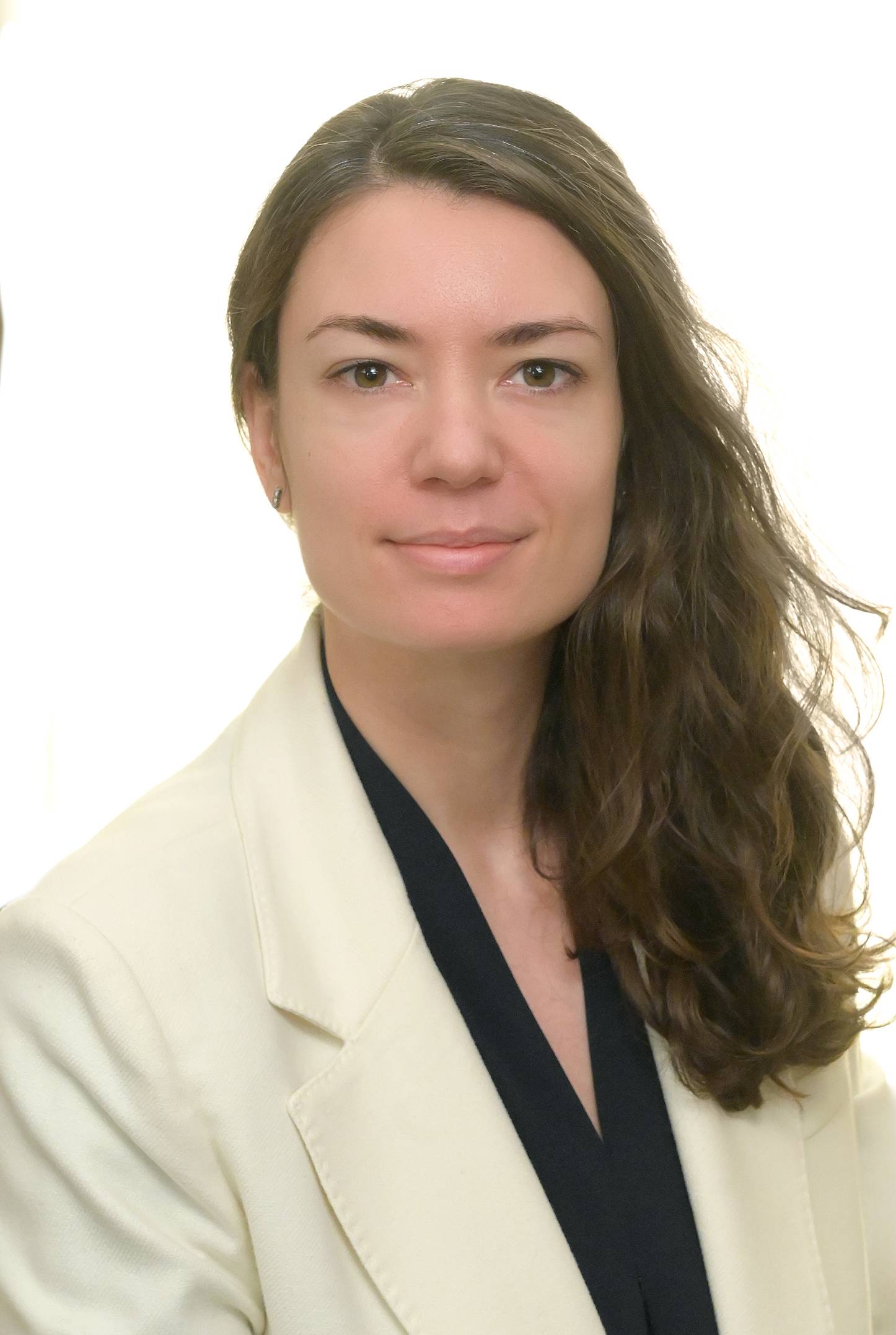
Bérengère Vigneron
berengere.vigneron@oconnor.eu
Bérengère Vigneron is a lawyer admitted to the Brussels Bar. Her practice concentrates on International Trade, with a focus on trade defence, export control, sanctions, and customs. She acts as legal counsel in trade defence investigations and now represents EU producers before European institutions. Bérengère also has a significant experience advising companies across various aspects of European law.
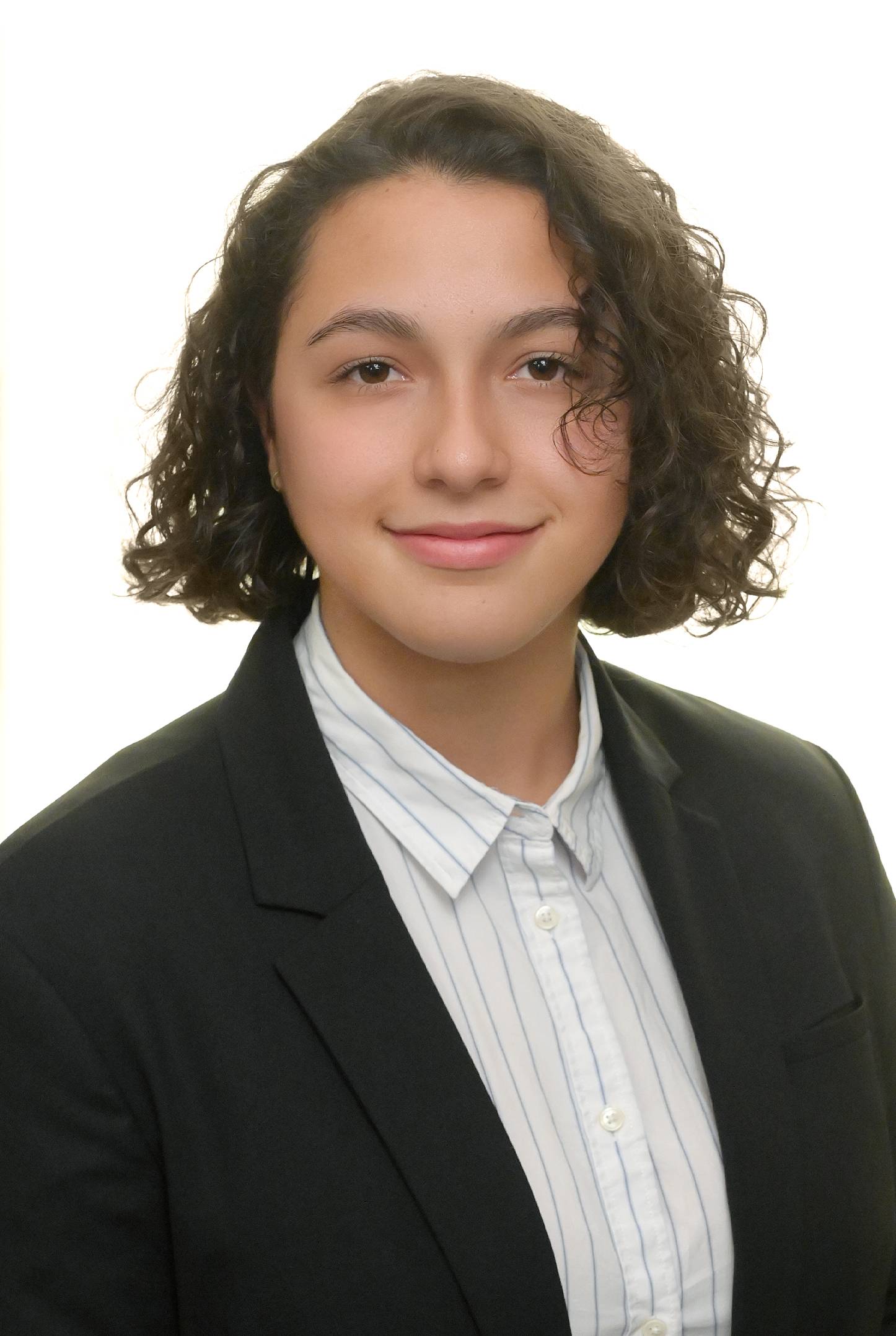
Héloïse Giacometti
heloise.giacometti@oconnor.eu
Héloïse Giacometti is a legal trainee specialising in trade defence and trade policy. She holds a Master’s degree in International Trade and Investment Law (International and European Law, cum laude) from the University of Amsterdam, and an LLB in Politics, Philosophy and Law from King’s College London.
Contact
1 Avenue de la Joyeuse Entrée • 1040 Brussels
+32 2 285 46 85
info@oconnor.eu